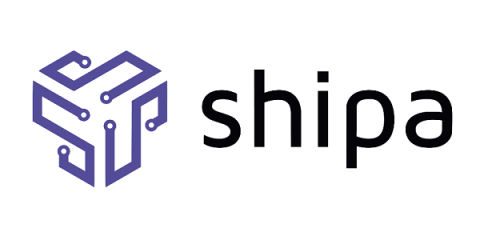Operations | Monitoring | ITSM | DevOps | Cloud
Shipa
The Future of Kubernetes on DevOps Radio
In this episode of DevOps Radio, Shipa’s CEO and Founder Bruno Andrade joins host Brian Dawson to discuss his thoughts on the future of Kubernetes. DevOps Radio is a CloudBees-sponsored podcast series. Hosting experts from around the industry, the show dives into what it takes to successfully develop, deliver and deploy software in today’s ever-changing business environment. From DevOps to Docker, each episode features real-world insights and a few stories, tips, industry scoop and more.
Kelsey Hightower and Shipa for Kubernetes: A Fireside Chat
On October 22, 2020, Shipa launched a new web series called “Coffee & Containers.” C&C was conceived as a place for practitioners and IT leaders to learn and collaborate on all things microservices, cloud-native, containers, Kubernetes, etc. We were very proud to launch this series with Kelsey Hightower, Thought Leader and Developer Advocate at Google Cloud Platform, and Bruno Andrade, Founder and CEO of Shipa.io.
Shipa 1.2 Release
Shipa (https://www.shipa.io), the full lifecycle application-centric framework for Kubernetes and multi-cluster portability, just got better! Version 1.2 is now available, and we are excited to share these key new features and improvements with the Shipa community.
Coffee & Containers - Fireside Chat with Kelsey Hightower
Faster and safer application deployments on Kubernetes with Shipa and Oracle Kubernetes Engine (OKE)
Shipa’s application management framework, integrated into OKE, provides an out-of-the-box way for organizations to build, deploy and operate the full life-cycle of Kubernetes applications. With Shipa and OKE, organizations can make up for lost time and start getting value out of Kubernetes immediately. In this webcast, you will learn how Shipa and OKE.
DevOps Challenge - Kubernetes Deployment: Ketch vs YAML
Ketch (https://www.theketch.io) is an open-source application delivery framework for Kubernetes. YAML is a human-readable data-serialization language. It is commonly used for configuration files and in applications where data is being stored or transmitted. Customized YAML files are used by many for the complicated task of deploying to Kubernetes.
DevOps Challenge - Ketch vs YAML
Deploying applications to Kubernetes from your CI pipeline
Now that we know the advantages of leveraging Ketch over other tools such as Helm to ease the deployment of our applications (BLOG: Helm vs. Ketch when Deploying Applications), a good next step is for us to understand how we can tie Ketch to our CI pipeline and have an automated deployment process. For this example, we will leverage Ketch, GitHub Actions, and a Kubernetes cluster on Google Kubernetes Engine (GKE).
Helm vs. Ketch when Deploying Applications
Kubernetes has become the de-facto standard for deploying microservices and containerized applications. Still, there is a learning curve for a developer to get familiar with Kubernetes concepts and objects, how to write and manage the required YAML files, etc. While there is undoubtedly value in learning these concepts and tasks, I believe there is even greater value in getting your applications deployed faster and spending more time on your application code than on infrastructure-related objects.








